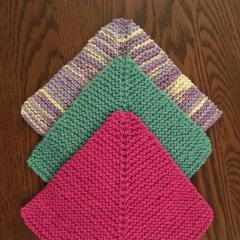-
Welcome to the eG Forums, a service of the eGullet Society for Culinary Arts & Letters. The Society is a 501(c)3 not-for-profit organization dedicated to the advancement of the culinary arts. These advertising-free forums are provided free of charge through donations from Society members. Anyone may read the forums, but to post you must create a free account.
Bread flour
-
Similar Content
-
- 3,518 replies
- 350,721 views
-
- 83 replies
- 4,505 views
-
- 2 replies
- 259 views
-
- 21 replies
- 794 views
-
- 28 replies
- 887 views
-
-
Recently Browsing 0 members
- No registered users viewing this page.





Recommended Posts